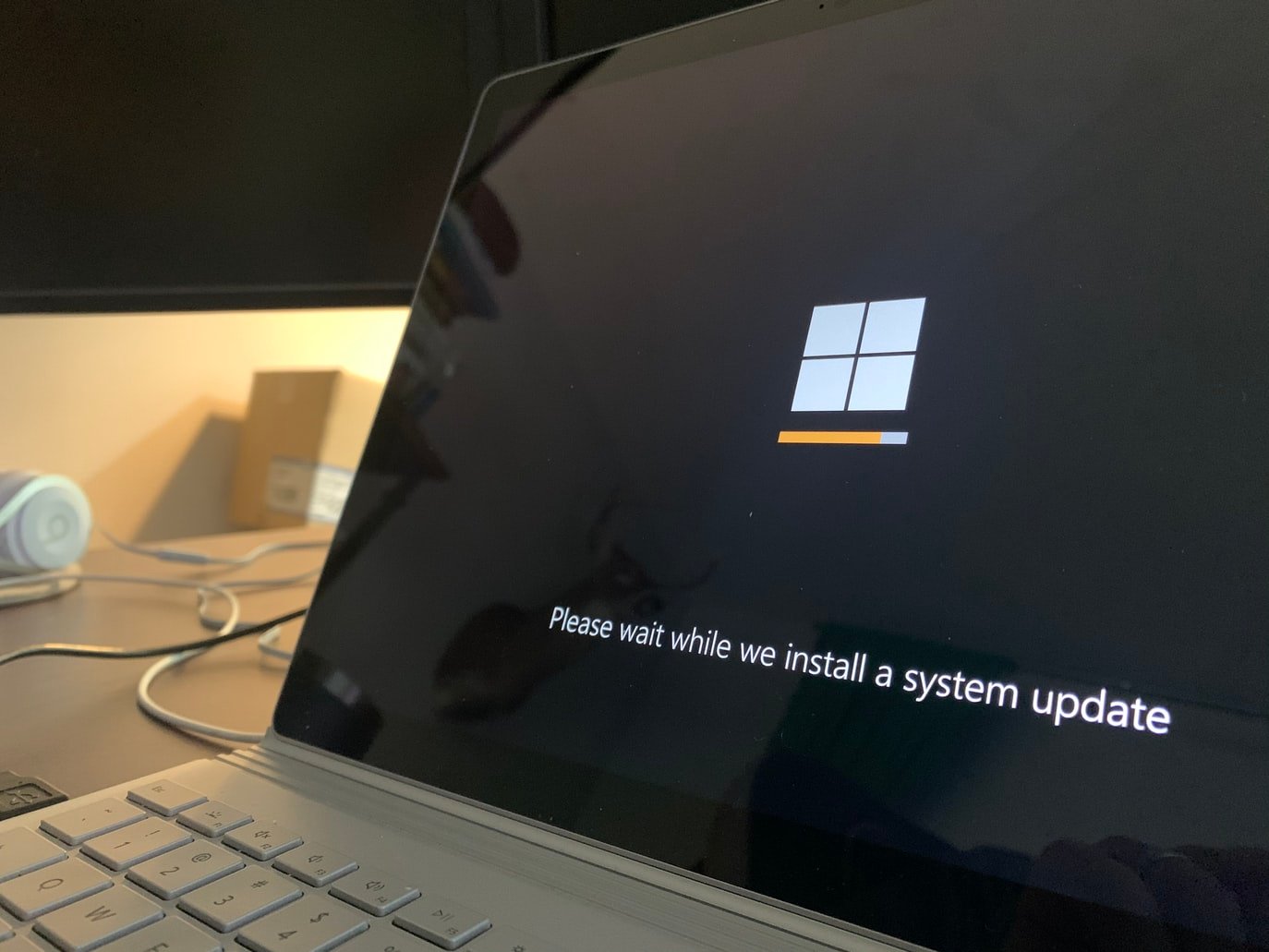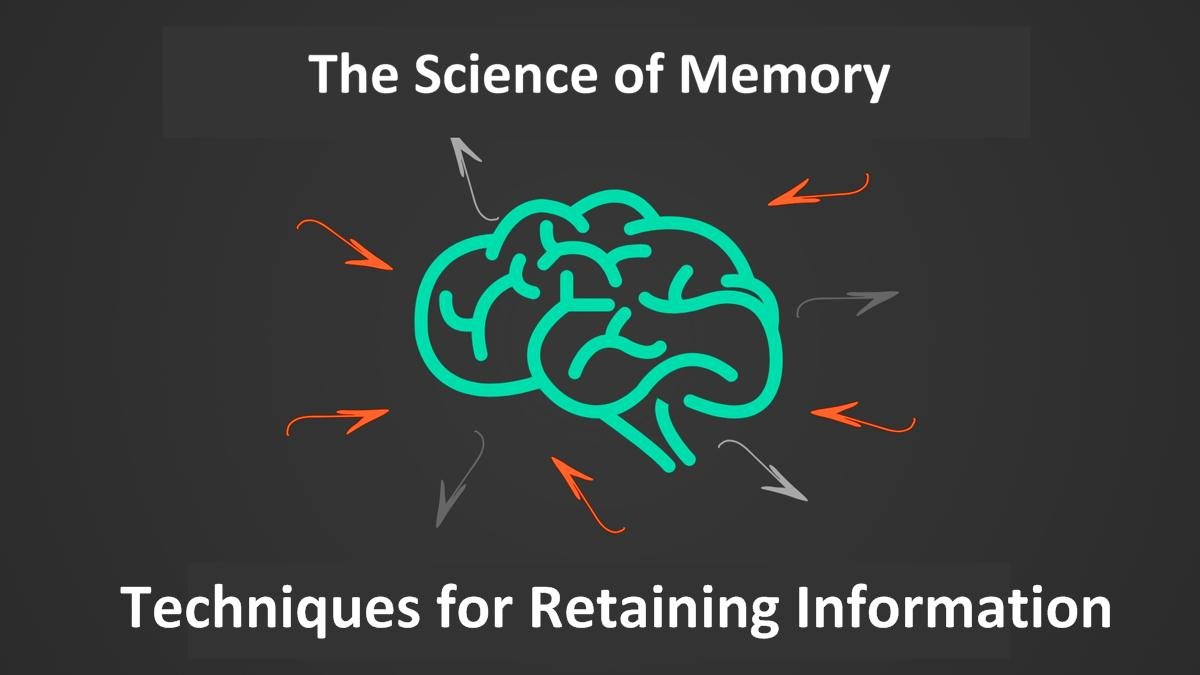Everything You Need to Know About Federal Work-Study Jobs in College

Part-time work-study jobs during college are a great way to fund your tuition bill or pay for textbooks while practicing valuable skills and gaining valuable work experience.
But what exactly is a work-study job? What role does the federal government play? What kinds of jobs are available? What will you be paid? All of the specifics are provided below.
Read More: Advantages of Technology in Education: How Technology is Revolutionizing the Classroom
What is Federal Work-Study?
Work-study is a government-funded program that allows students to earn financial aid by working part-time. It is typically included in your college financial aid package, alongside grants, scholarships, and loans. While not all schools provide this opportunity, 3,400 colleges and universities do.
How does work-study fit into my financial aid package?
Work-Study will have a monetary value assigned to it. This is the total (maximum) amount of money available from the school through the work-study program. You cannot earn more money by working longer hours.
There are two great things about this type of assistance: you earn it because you work for it (and do not need to pay it back). Furthermore, work-study earnings have no bearing on your future financial aid (for the rest of your college career). Generally, the higher your income, the lower your financial aid award. However, because work-study earnings are not considered regular income by the FAFSA, your financial aid award will not be reduced.
However, unlike a grant, you do not automatically receive the full amount of work-study offered to you. You must put in enough effort to earn it. For example, if you are offered $4,500 in work-study per academic year and find an eligible part-time job paying $15 per hour, you will need to work 300 hours over the course of the year (roughly 7-8 hours per week) to earn that $4,500.
(Side note: You can “work” for your money by applying for scholarships! Sign up for Going Merry to receive a personalized list of all the scholarships available to you.)
What kind of jobs can I have, through work-study?
Students may work for an approved employer either on or off campus. Most jobs in non-profit, civic education, and community service are eligible. This is because the work-study program was created to encourage students to take on jobs that benefit the public good while also being related to their course of study.
Most university-sponsored jobs on campus are eligible. Working in a computer lab is an example of an on-campus job. Opening the lab, ensuring students sign in upon entering, assisting with computer troubleshooting, showing students how and where to print papers, and answering technical questions could all be part of the job. You could also work as a receptionist in one of the school’s centers or gyms, or as a research assistant for a professor. Off-campus work-study jobs are typical with a private non-profit organization or a government agency, but some schools will accept jobs with private for-profit organizations.
How much can I earn? Who pays for it?
To give you an idea of potential earnings, the average work-study participant earns $1,500 per academic year.
While this may not appear to be a large sum, small amounts can go a long way! Consider this student, who received $150,000 by applying for small scholarships. Remember that you can work outside of work-study, especially during the summers.
The employer determines your work-study pay, which is usually an hourly rate (though graduate students can sometimes earn a salary). Work-study employers must, of course, pay you at least the federal minimum wage. Furthermore, if the state minimum wage is higher, you will be paid at least the state minimum wage.
You will be paid in one lump sum (or direct deposit). However, your salary is funded by a partnership between the federal government and your employer. In general, the federal government (via the school) pays approximately 75% and the employer pays 25%. (nonfederal).
Are there any restrictions on what I can spend my work-study earnings on?
No, schools have no say over how you spend your work-study funds. You are paid directly, usually by check or direct deposit, and you have complete control over how the funds are spent. You could, for example, spend your earnings on groceries, travel, or school supplies. Alternatively, you can ask your school to apply your earnings to your college expenses, such as room and board. That is a significant benefit of work-study: the flexibility with which the funds can be used!
(External scholarships are comparable. While some scholarship providers send a check directly to the school, many give you award money to spend on college expenses as you see fit.)
Where do I begin if I’m interested in work-study?
You start your work-study journey, like many other types of college financial aid, by completing the FAFSA (Free Application for Federal Student Aid). When you fill out your FAFSA, you’ll be asked if you want to be considered for work-study aid. You should confirm that you are interested. Keep in mind that funds are distributed on a first-come, first-served basis. Completing your FAFSA as soon as possible improves your chances of receiving work-study aid.
When you receive your admission and financial aid letters in March or April, you’ll see how much work-study aid you’ve been assigned.
Check with your college’s financial aid office to see if there are any additional steps you need to take to ensure you take advantage of these funds. Before you can apply for work-study positions, you may need to fill out additional forms. Alternatively, they may simply direct you to resources where you can find work-study job listings.
How do I find a work-study job?
Finding work for a work-study program requires some effort on your part. You are solely responsible for finding your own employment. However, job hunting is not as frightening as it may appear.
A good strategy is to seek assistance from your college’s career center or the office of student employment. Staff can advise you on how to use job search tools, write a resume and cover letter, and conduct effective interviews. By speaking directly to the head of your department, you might even be able to find a job right on campus.
What if I change my mind?
You may decline work-study if you were offered it as part of your financial aid package but no longer wish to participate. Work-study jobs are not guaranteed every year, and the amount earned may not be the same each time they are offered as part of your financial aid package.
When looking for ways to support your academic journey, work-study is a great option to consider.
Will work-study distract me from my academics?
When working while in college, be cautious. Student burnout can result from juggling multiple activities and responsibilities, such as studies, student organizations, Greek life, friends, and work-study.
Work-study programs, fortunately, are designed to help avoid such burnout.
The average work-study student works 10-25 hours per week (and you’re encouraged to work no more than 20 hours per week). Part-time employment allows you to tailor your work schedule to your academic schedule.
Your work-study job can also help you improve your organizational, communication, problem-solving, and leadership skills. Real-world work experience teaches you valuable skills that you can include on your resume when applying for future jobs.
Some of these abilities (such as planning and organization) may even assist you in staying on top of your academic work.
Are my work-study earnings taxable?
Yes, but it’s also a little complicated.
First and foremost, you must report your earnings because they are considered income. Your employer should provide you with a W-2 form that contains all of the information you require.
Second, you will almost certainly be required to pay partial taxes. The majority of work-study earnings are subject to federal and state payroll taxes. If you are enrolled in 6 or more credit hours, you are exempt from paying FICA (Social Security and Medicare) taxes.
You may also be exempt from payroll taxes if you work for certain nonprofit organizations, teach, or conduct research as part of the National Health Services Corps Scholarship Program or the Armed Forces Health Professions Scholarship. Check with your boss.
Finally, if you use your work-study earnings to pay for “qualified educational expenses,” you may be eligible for the American Opportunity Tax Credit. This gives you a maximum credit (i.e. tax-free income) of up to $2,500, which includes 100% of your first $2,000 in expenses and 25% of the next $2,000. However, if you earn more than $4,000, the remaining work-study income must be fully taxed (again, just payroll, not FICA).
I still have questions about work-study.
We completely comprehend! We recommend discussing your work-study options with your academic advisor. In addition, see this article on how to pay for college for more options and information on how work-study can help you in your college journey.





